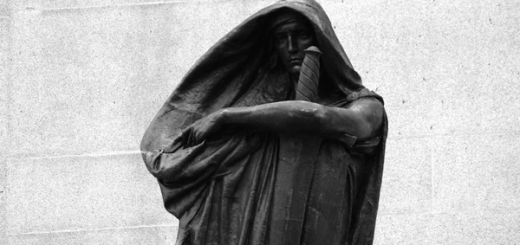Abortion Debate Revisited as Morgentaler receives Order of Canada
On Friday, October 10, 2008, abortion-rights activist Dr. Henry Morgentaler, received an Order of Canada award at a ceremony at the Citadel in Quebec City, Canada.
In 1969 after immigrating to Canada from Poland, Morgentaler, a family physician, opened his first clinic in Montreal where he performed thousands of at-the-time illegal abortions. He was arrested multiple times and spent time in jail before 1988, when the Supreme Court of Canada in R v Morgentaler, [1988] 1 SCR 30 famously struck down Canada’s anti-abortion laws, which mandated that women seeking an abortion must appeal to a three-doctor hospital abortion committee.
The Order of Canada is an award recognizing a lifetime of “outstanding achievement and dedication to the community.” Morgentaler was among one of about twenty individuals who also received the award.
Morgentaler was honoured to have received the award, as he expressed, “Canada is one of the few places in the world where freedom of speech and choice prevail in a truly democratic fashion. I’m proud to have been given this opportunity coming from a war-torn Europe to realize my potential and my dream – that is to create a better and more humane society.” Others, however, were outraged by Morgentaler’s nomination for an Order of Canada. Several other Order of Canada recipients, including New Brunswick lieutenant-governor Gilbert Finn and British Columbia priest, Lucien Larre, even went as far as to return their medals in protest of Morgentaler’s award. Protesters also gathered the Citadel, proving that the abortion debate is still a hot-button issue twenty-years after the SCC decision.
Despite the controversy, Morgentaler received support at the ceremony by Governor General Michaelle Jean. In her speech, Jean explained that all recipients “represent the best in all of us” as they have made and continue to make a “difference in society”. Further, former SCC justice Louise Arbour also defended Morgentaler’s nomination, stating that he “represents values that Canadians should be happy to celebrate: courage, passion, dedication, personal service to a cause that obviously has been a controversial one.” While she acknowledged the abortion debate and the right to possess differences of opinion, Justice Arbour warned against personalizing the abortion debate with hateful messages toward others.
On Thursday, September 25, 2008, the Canadian Judicial Council dismissed a complaint filed against Supreme Court Chief Justice Beverley McLachlin over Morgentaler’s Order of Canada. McLachlin acts as chair of the advisory council that selects Order of Canada recipients. This council generally remains neutral, unless in the event of a tie, where they are forced to cast a vote, however, this was not the case in the Morgentaler nomination. After the council makes their decision, the Governor General must give official approval.
Several business, individuals, and conservative Christian groups filed complaint letters against McLachlin demanding that she be removed from the council and expressed concerns about the impartiality of the judiciary, however, the Canadian Judicial Council dismissed the complaints, as McLachlin’s role in awarding the nomination to Morgentaler was not a judicial conduct matter.
While the SCC decision over abortion laws is now over twenty-years old, the debate surrounding this topic remains heated, with strong views on both sides, however, as Justice Arbour explained, while differences of opinion are inevitable, it is important to avoid personalizing this issue.






Join the conversation